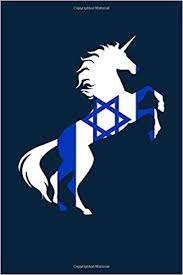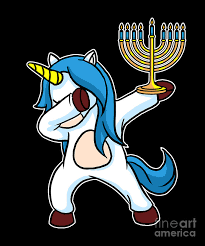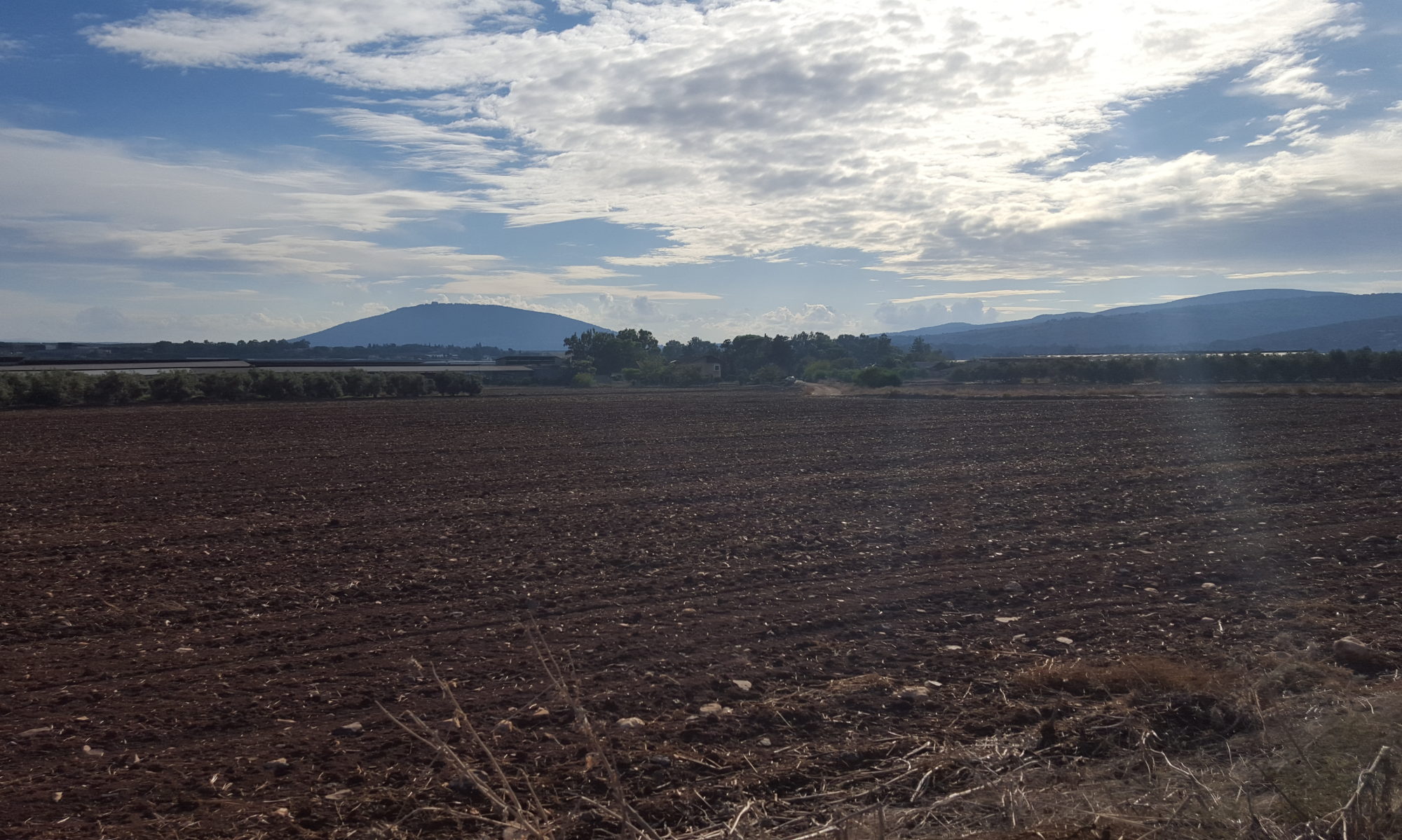We really should have counted (for statistical accuracy), but we’ll round off the number of housing inquiries that we’ve received over the last three years to around 40+. These are by folks who are considering moving to the North, either as a permanent life change, as an aliyah destination or — and this is the majority — by those looking to buy a vacation home for themselves and their extended families. People want to know what’s involved. Is there land for sale for development? What are different communities like? Are there any English speakers so that I can feel comfortable? I want a cow and a few chickens; can I do that on a yishuv? (Spoiler: we have no idea about the livestock.)
We love these kind of questions, but since at the moment we’re fielding around two of these types of inquiries a month and spending a lot of time with people reviewing the same basic information, we decided to write a post that will serve as a reference for those who are exploring their options. Consider this the most unscientific, probably inaccurate, highly anecdotal, totally unprofessional starting point for your search, written by two people who do not have RE licenses and whose only weak claim to authority on these matters is that we bought a farm in the Galil (as our permanent residence) and have done the research (and legwork) involved.
On that reassuring note, let’s dive in!
(But first, two more qualifying points: Firstly this article is mostly about properties that have a nice chunk of land, either with or without a house. Almost all of the people phoning us are looking for a property that is at least a dunam. A dunam is 1000sq meters, about a quarter of an acre. Most people who “dream North” envision a vacation property or primary residence that is at least a dunam. Though there is a great deal to achieve with less than a dunam in terms of gorgeous landscaping, breathtaking views and communal feel, this article is mostly focusing on availability of properties that are at least a dunam. Secondly, this article deals with communities that have a religious element, as nearly everyone who has contacted us sees this as essential.)
Let’s break down the most popular inquiry: We’d like a vacation property where we don’t have to establish permanent residence and is large enough for our extended family/is private/has a pastoral setting/with great views/and pool/is at least a dunam/clocks in at under 4 million shekel/has an active synagogue. Does such a thing exist?

Well…maybe. We haven’t found that unicorn, but it might just be elusive and hiding somewhere. The name of the game is flexibility: the wider you can cast your net, the more fish you’ll have to choose from. We can start with the most basic issue: can you find a vacation property in the north where you don’t need to establish permanent residency?
To answer that, let’s review your community options:
- City — You can definitely buy a pied a terre in cities throughout the north, and you’re free to visit or live in your property as you please. You might even find a house or empty lot in a city which is larger than half a dunam, but finding a dunam+ lot in a city is very rare.
- Yishuv — These are communities (some are even small towns) with private homes, mostly ¼-½ dunam lots, all kinds of cottages and duplexes, etc. Usually well-planned and maintained, many with gorgeous views that give a sense of privacy and serenity from your backyard (depends of course on where they are situated in the yishuv). Not an option for those who aren’t interested in establishing residency as many have acceptance committees that will turn down applicants who aren’t planning on moving to the yishuv. (Larger yishuvim — over 350 families — might not have acceptance committees. In that case, it might be doable to buy a property that you plan on using as a vacation home.) Some yishuvim also insist on a trial period of living in the yishuv before buying a lot to build on (like Mitzpeh Netofah). An added wrinkle is that there is often a dearth of housing options. Some examples of northern dati yishuvim are Moreshet (small), Bet Rimon (small), Hoshaya (large), Hispin (also large). For those who want a suburban, pastoral, community-oriented life with gorgeous views and who don’t require sprawling, private lots, and who are looking to establish residence, these communities are wonderful. Highly sought-after for good reason.
- Kibbutz — Many kibbutzim have harchavot (new extensions) with ⅓-½ dunam lots. It’s like living on a yishuv.
- Moshav — Moshavim are a mixed bag of residential options, but we have yet to hear of one that is dati or meurav (mixed dati-masorati-hiloni) that doesn’t have an acceptance committee that will require you to establish permanent residence. There are some hiloni moshavim that do not have acceptance committees, so there might be wiggle room there to buy a vacation property. A moshav is a community where you can get a large piece of land. This can either be a meshek (also known as nahala), or a meshek ezer. A meshek is divided into at least two different zones: you’ll have a few dunam on which to build residential structures (houses, zimmerim, pool), and the rest will be agricultural land. For example, on our moshav, the helkat megurim is around 2.5 dunam, and the rest of the meshek (50 dunam) is for agricultural use only. It’s important to note that on most moshavim, the agricultural land is not adjacent to your residential plot, or at least most of it isn’t. (Some exceptions that come to mind are Sde Ilan [where we live] and Sde Yaakov.)
A meshek ezer is a plot that had been designated for non-farmers, such as the local teacher, butcher or rabbi. These are smaller lots, maybe up to 3 dunam. Additionally, many moshavim have harchavot of ⅓-½ dunam lots, just like on yishuvim.
Moshavim were created in response to kibbutzim to allow for private farms while maintaining a collective economy. Nowadays, that means that all farm owners can do whatever they’d like on their own farms, while simultaneously sharing in a collective of the rest of the moshav’s holdings. This means that if you purchase a meshek, you have “bought in” to the moshav, and therefore most (if not all) moshavim have really strict regulations about who can buy a meshek. For example, in Sde Ilan, a family that wants to buy a meshek must first live on the moshav for a period of half a year, and only then will the agudat hakhakla’im (farmers’ collective) vote them in, thereby legally allowing them to purchase their meshek. Note that this is not the case for someone who wishes to purchase a meshek ezer or home in a harchava — such buyers need only pass the acceptance committee.
Tachlis: while a moshav seems like the best option for someone who wants an estate or lots of land on which to build private homes, the strict regulations on dati moshavim that require permanent residence make this an unlikely choice for those who want vacation homes.
5 Moshava — A moshava is a generic term for a settlement that predates the founding of the State and is not classified as a kibbutz, moshav or yishuv. Many moshavot have privately owned land, meaning that the land is not leased through the minhal (Israel Lands Authority), and so the lots are not tightly controlled and there is no acceptance committee to oversee residential requirements. Here you have an opportunity to buy a vacation home on an oversize lot. Some moshavot up north are Yavneel, Migdal, and Bat Shlomo. There are others that are much larger, such as Rosh Pina and Kfar Tavor, where you might find large plots of a dunam or more.
In sum: your best bet for finding a large rural vacation property in a northern community is to look at the moshavot or in moshavim that do not have permanent residence requirements.
Listed below are parameters that some folks view as essentials, and others consider as nice bonuses. The fewer parameters you require, the more likely you are to find a dream property:
- A very large property (over ½ dunam)
- Easy access to major roads; easy access to the center of the country and airport
- In close proximity to cities or towns with adequate shopping, health facilities, recreational facilities
- Other Anglo or English-speaking residents
- Local active synagogue; daily and/or Shabbat services
- Zoning for pool
- Privacy with few neighbors
- Property with beautiful views
- Under 4 million shekel including all taxes, fees, necessary renovations
So here are our suggestions for starting your search (this is how we did it):
- First, understand the heavy limitations involved. There are very few properties that are available as rural vacation homes, so patience is key when hunting for unicorns.
- Second, try for as much flexibility as you can. Can you manage without a Shabbat minyan? Can you find happiness with a Golan property that is much further “afield?” Identify your red lines and budget.
- Third, start scouring yad2. You can filter your search to suit exactly what type of property you’re looking for (location, size, price, etc). Don’t give up: unicorns are elusive, but there’s always hope that you’ll spot one.
- Fourth, if you find a few properties that seem viable, call the vaad mekomi (local committee) and learn more about that community’s residential policies. Additionally, here’s a link to a very helpful resource to learn more about northern communities.
- Fifth, come up on a scouting trip(s) to get a better grasp of the lay of the land, of specific properties/lots and communities — to get a feel for the place and see if you can envision yourselves living there or owning a vacation property there.
- Sixth, if you’ve started to get excited about a specific location, spend some Shabbatot in the community before pulling the trigger. Meet the locals, hear their stories, learn more about the community from the ground-up.
- Seventh, if you’ve reached at least step four and want more detailed information about what’s involved in purchasing a meshek/nahalah, we’re more than happy to help by sharing our experience. We’re also super happy to talk with those interested in learning more about life in the Lower Galilee. Feel free to reach out via email or whatsapp.
If you see any inaccuracies (or plain-out errors) in this article, please bring them to our attention and we’ll edit accordingly. Wishing you much hatzlacha in your search!

